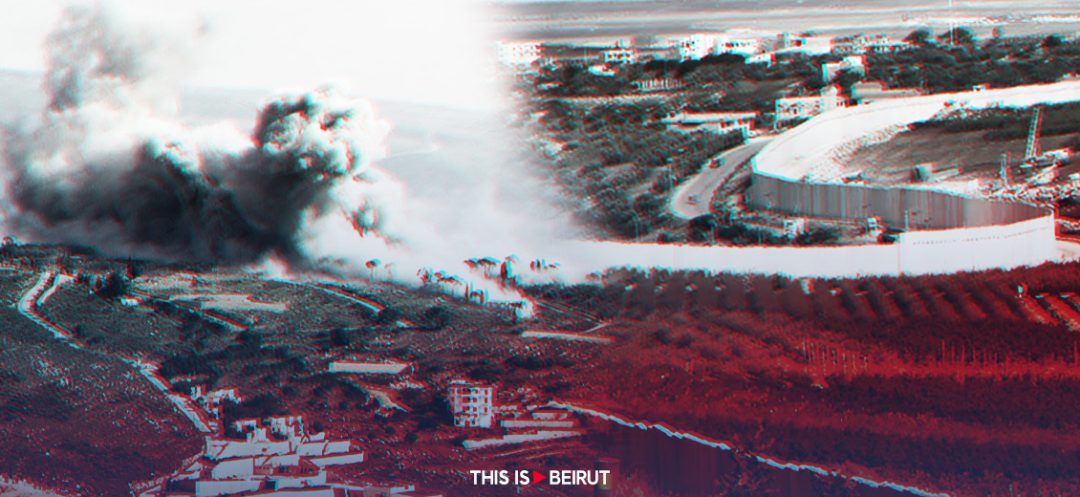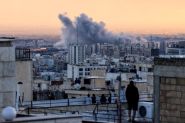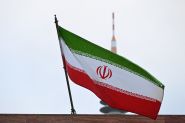- Home
- Middle East
- 'Dead Cat Diplomacy,' Political Cynicism and Nihilistic Warmongering

Aside from pacifist daydreaming and faked humanitarianism, how evitable are the battles in Rafah and South Lebanon? Is the unilateral pressure on Israel likely to forestall the inevitable confrontation on both sides of the border, while Hamas and Hezbollah are still determined to derail diplomatic mediations and engage in long hauled conflicts notwithstanding their disastrous consequences on their respective civilian populations? The unleashed conflict dynamic since October 7th, 2023, is by definition exponential and defies diplomacy and conflict resolution. The nihilistic nature of the war declaration last October, far from being fortuitous, was based on unrealistic power projections, political and military logjams, and intentional politics of victimization while overlooking their detrimental incidences on Gaza and its civilians.
The obfuscation strategy is based on leveraging human shields to serve a compounded set of destructive warmongering and malevolent power politics. This state of ambiguity is what defines the ongoing conflicts, their exponential character, and the unlikeliness of political and military de-escalation. The premeditated savagery of the the 7th of October attack, the human shield strategy and its undifferentiated civilian and combat zones, the deliberate politics of victimization, ostracism and stigmatization have made Israel indifferent to the intimidation tactics, instead focused strictly on redressing the strategic imbalances, and remapping the boundaries of its security. The security and humanitarian dilemmas are inextricably linked and that makes Israel’s military maneuverability more constrained on the Gaza theater than on the Lebanese one. The Rafah operational theater is fraught with heavy humanitarian hazards that make it hard to manage, whereas the Lebanese military landscape offers a wider operational latitude. The military and humanitarian considerations are hardly tradable, and the very nature of the military and political challenges offer few leeways for mitigated military and political scenarios.
However coercive the issue of the political hostages, it can hardly sway Israel from prioritizing its strategic challenges, which ultimately frame its overall political and military options. However serious and demanding the United States pressure, it has failed, so far, to offer a working diplomatic alternative to the manifold security, humanitarian and political issues. Hamas, its acolytes, and political handlers are uncompromising and do not seem mindful of forestalling the incoming humanitarian tragedies. On the Israeli side, two overriding concerns are quite compelling: the release of hostages by whichever means, and the upending of the strategic equations in Israel’s southern, northern and north-eastern borders with Gaza, Lebanon and Syria, altogether controlled by Iranian proxies. Otherwise, the Israeli political polarization and the hardening of the rightist coalition are interfacing with the ongoing radicalization engineered by the Iranian manager, its partners and competitors.
The peaceful wishful thinking is politically blind and surfs carelessly over controversial security and political issues, whereas the truthful search for peace is inevitably politically mediated. It’s not enough to express humanitarian concerns, what matters most is to translate them into tangible conflict resolution scenarios to tackle the thorny and controversial issues of strategic security, working governance, economic livelihood, and humanitarian cooperation. The “dead cat diplomacy” however tactically instrumental cannot dispense with the need to confront each party in its own right: the Israeli-Palestinian conflict is unlikely to be approached unless Palestinians recover their political and moral autonomy and put an end to the instrumentalization by Iranian and Islamic power politics, mend their deep-seated domestic rifts, and engage Israel in good faith, in a common undertaking for peace. The Israelis have to reengage the legacy of peacemaking, overcome the ideological blinders of the ultranationalist and religious right, and deal with the security qualms that forestalled the aspirations that have guided generations of Israeli leaders in their striving for peace.
The defeat of Hamas and Hezbollah is seen as necessary from an Israeli standpoint to overcome the conjunction of extremism and political nihilism. The likelihood of an alternative approach by the coalition war protagonists is dismissed, and their inclination towards liberalization and normalization is an oxymoron. What’s left is their ability to sabotage every peace process and kill every undertaking in this regard. In counterpart, Israel is bound to dovetail its strategic overhaul with its readiness to reengage the peace process and find a solution to an overdue conflict, and join the Arab world in a common search for new geopolitical equilibriums, a pluralistic regional order and economic integration. The end of this conflict is tied to major transformations that relate to a new political narrative based on the primacy of regional pluralism, moral reciprocity, dual statehood, democratic reforms, and developmental imperatives. Upending the strategic equations should lead to the ultimate leap of faith toward negotiated conflict resolution, reformed governance, and a pluralistic democratic community of states.
Read more



Comments